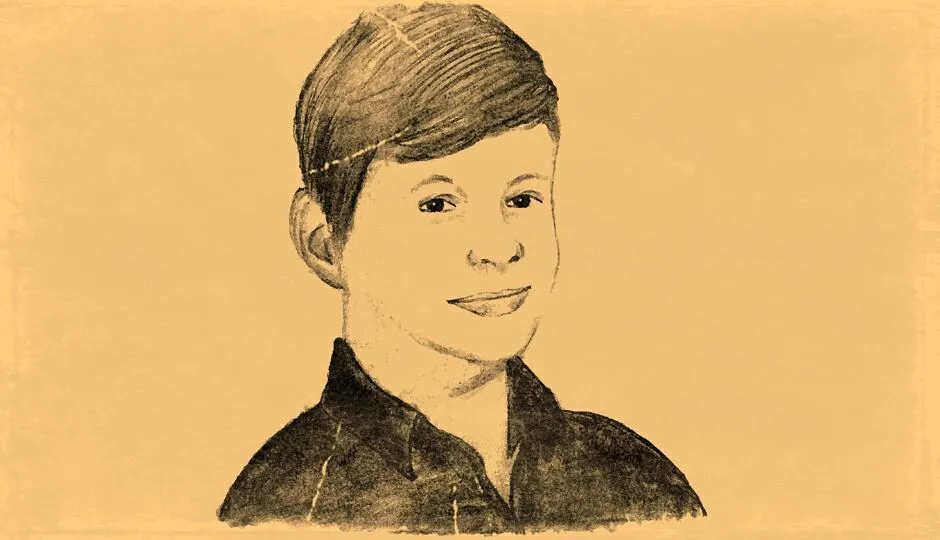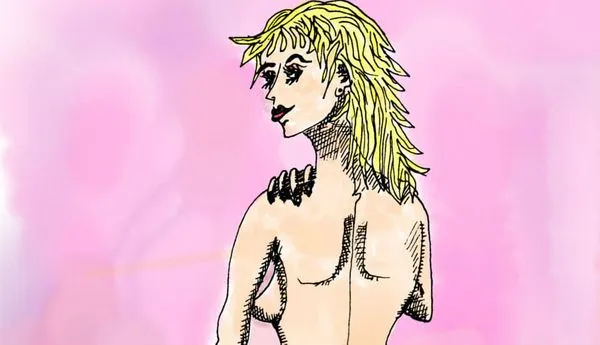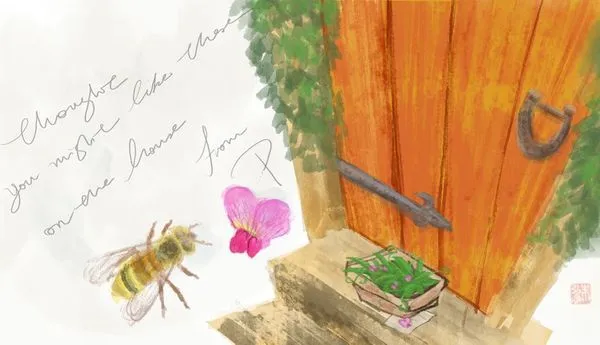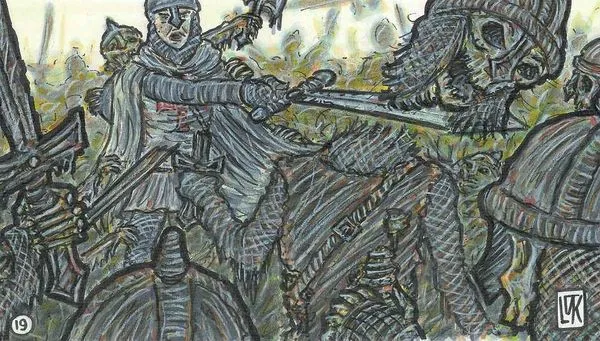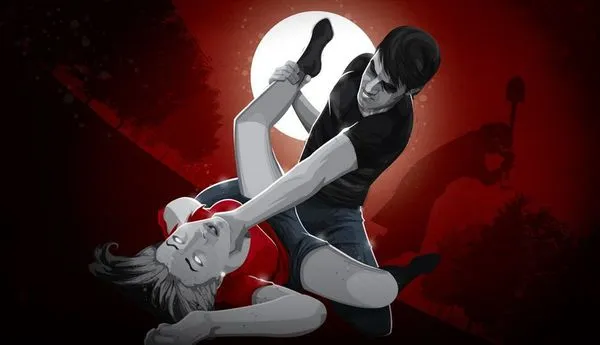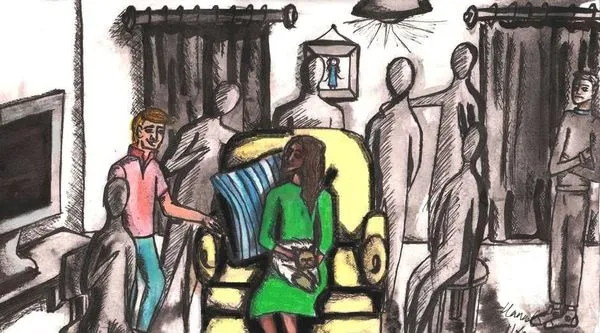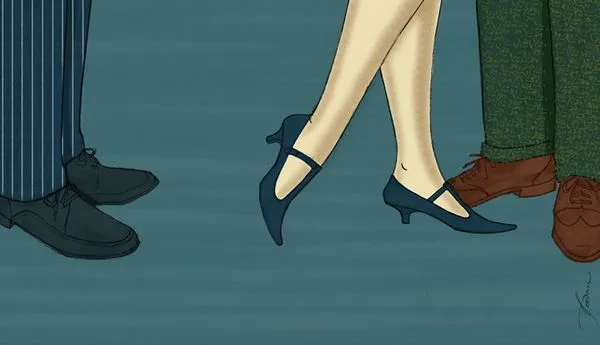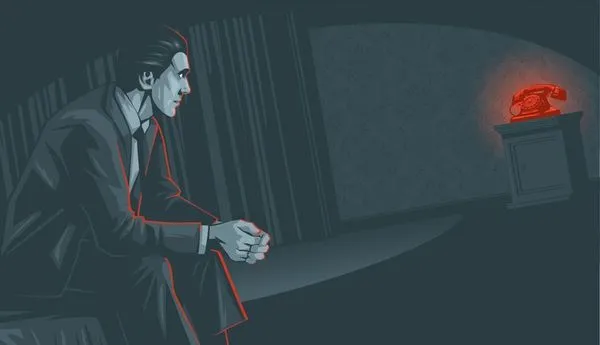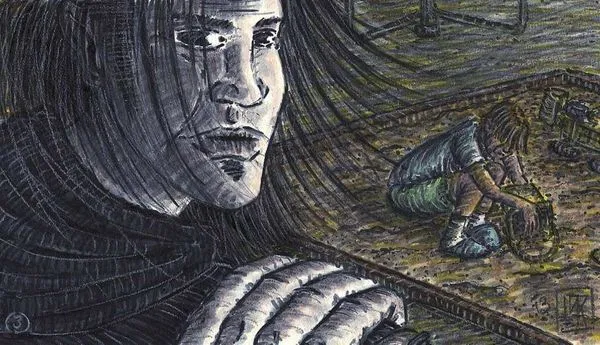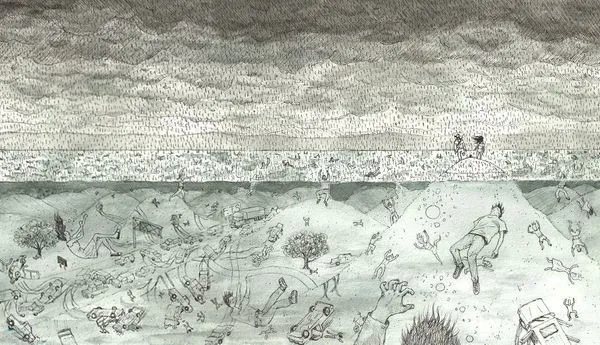The Smartest Kid in the Room
Donal Mahoney | Lakshmy Mathur
Published on 2014-03-10
Tim Ryan was the smartest kid in the room—in his classroom, that is—in 8th grade back in 1952. And that was no small feat because that classroom was full of girls who studied hard all the time. The boys were less diligent and didn’t normally score as high as the girls on tests. But Tim Ryan usually scored 100% on tests. He had already won an academic scholarship to one of the finest private high schools in Chicago. His only flaw was poor handwriting.
The nuns who taught at St. Nicholas were hard on students with poor penmanship. It was invariably the boys who had this problem. And the remedy, which seldom worked, was to have those with poor handwriting sit for an hour after school and practice an approach called the Palmer Method.
But there was a much bigger problem in 1952 than poor penmanship. It was a near epidemic of polio and tuberculosis that hit more than a few children in Chicago. St. Nicholas School was no exception. Out of roughly 500 students, at least one child ended up in an iron lung for life and others had a chronic limp or a withered arm as a result of polio.
Tim Ryan didn’t get polio but he did get tuberculosis. In 1952 there was no cure or vaccination for polio, and treatment for tuberculosis wasn’t always effective.
Kids who had polio shuffled back and forth from doctor’s offices to hospitals. That was not the case with tuberculosis. Kids who caught TB were sent immediately to a large public sanitarium to be treated with others who had the same disease. It was a mandatory quarantine. That’s what happened to Tim Ryan, the smartest kid in his 8th grade.
“I don’t know what we’ll do without Timmy,” Mrs. Ryan said. “We can’t even visit him.”
Tim Ryan had no visitors for the months he was in the infectious stage. Eventually his quarantine was lifted and his family went to see him. His brother came to school the next day and said Tim was okay but very thin. The doctors had no idea how long he would be in the sanitarium but his classmates could now visit him without risk of contracting the disease.
The sanitarium was many miles away—at least two long bus rides lasting more than an hour and a half. Back then, most fathers worked all day and usually took the family car to work, provided the family could afford a car.
Not too many mothers drove cars back then, at least not in that lower-middle-class blue collar neighborhood of mostly immigrant families. Buses were the transportation of choice if you had to go out of the neighborhood.
One kid in the class had traveled often on the buses that went past Tim’s sanitarium. Billy Gallagher had to go see his orthodontist once a month to make certain the braces on his teeth were intact and were doing some good.
Billy’s teeth stuck out so far that one of the nuns got tired of looking at him and made arrangements for him to get care. It was a large expense for Billy’s family but the care was a relief to his mother who figured no one would marry him unless something was done about his teeth. But as far as his little sister was concerned, Billy’s teeth were a big help to him when the family had corn on the cob for supper.
It fell to Billy Gallagher to organize a group of classmates to take the bus trip to see Tim. The group, all boys, went on All Saints Day, when the public schools had classes but Catholic schools did not.
“Billy, what are we going to say to Tim after we ask how he’s doing,” said Larry Moore.
Larry spoke for all the boys in the sense that Tim was not one of the regulars, so to speak. Tim studied all the time while the other boys were out playing sports and engaging in simple mischief on occasion.
“Well, we can tell him how things are going at school,” Billy said. “He wouldn’t be surprised to learn that a girl has won all the Friday spelling bees since he got sick. And we can ask him to name the capitals of all the states in America. That will take him a few minutes at least. And then maybe we can ask him to name the capital of Bulgaria. Stuff like that. He’ll probably have all the answers but it will give him a chance to talk. Make him feel better.”
Although Tim was quick with an answer to almost anything, his specialty was to ask esoteric questions that sometimes would stump the nuns and give his classmates a quiet chuckle.
Tim liked to examine the quirks of life and try to figure them out. Once he was sent home from school for submitting a question in writing that he didn’t think his classmates were old enough to hear.
“That’s a disgusting question, Timothy,” Sister Mary William said. “Take your books and go home for the day. We’ll see you again tomorrow, young man, and there better be no more foolishness or I’ll call your parents.”
It was a sunny morning when the 12 boys paid their 25 cent bus fare and got on the 59th Street bus and rode it for half an hour. Then they transferred to the Pulaski Street bus and rode that for another hour till they got off at Belmont Avenue on the far north side. They could see the huge sanitarium but it took them at least five minutes to walk to the building.
The nuns had insisted they wear their blue shirts and school ties so they would look presentable. The receptionist was surprised to see them since no one had called to say they were coming. But in light of their long trip, she got permission for the boys to see Tim even though he was supposed to be taking his afternoon nap.
“How you guys doin’,” Tim shouted from his bed as soon as he saw his classmates. He felt a far greater affinity for them than they did for him since he knew he was the odd boy out in that he preferred books to sports and movies.
It wasn’t easy being the smartest kid in the room and maybe only Tim knew that. He tried his best to interact with the others but it only seemed to work when he’d ask one of the nuns an odd question during class.
Billy Gallagher told Tim the boys had a bet as to whether he could name the capitals of all the states. Tim rattled them off in about a minute. He also named the capitals of several European countries before the kids could think of no more countries to ask him about.
“C’mon, you have to have more questions than that. I’ve been out of school for two months and I’m a little rusty. If you can’t think of anything else to quiz me on, I’ll quiz you guys. I been saving a question till I got home to look it up in the encyclopedia because Sister Mary William got so mad about it she made me leave school early the day I asked it. I even put it in writing in a sealed envelope. Maybe one of you guys will know the answer.”
There wasn’t a boy in the group who thought any of them could answer a question Tim couldn’t answer. But he was clearly in charge of the visit now and it was too early to leave and go home. So one of them said, “Go ahead, Tim. What’s the question. Maybe one of us will know the answer.”
Tim asked them to gather in a circle around his bed because he didn’t want the nurses to hear him. This was not a question you would ask a nurse any more than a nun. Tim said that he couldn’t even ask his parents.
When all the boys had gathered around, Tim took a final look around the room and saw no nurses in sight. So he let the question fly.
“Fellas, why is it every time you take a crap you also pee but every time you pee you don’t always take a crap. Answer me that, will you? I’ve been trying to figure that out for years. I thought Sister would know the answer. Instead she threw me out of class.”
The boys were puzzled by the question but had to admit Tim had made a valid point. This had been their experience as well in life although they had never analyzed the phenomenon the way Tim had. He was a deep thinker.
None of them had an answer but Ralphie promised to let Tim know if he ever crapped without peeing at the same time. Then the other boys chimed in and said they would keep an eye out for any exception to the rule as well, although they didn’t use those words exactly.
That was pretty much how the visit ended. The boys shook hands with Tim and said they hoped he would come back to school soon.
Tim did, in fact, return to school two months later and even graduated on time. But he wasn’t able to start high school the following September. Eventually he did go to high school and graduated. But he was too weak, his parents said a few years later at his wake, to go to college despite full scholarships awarded by two universities.
Along with polio, tuberculosis took a terrible toll on a number of students in the class of 1952 at St. Nicholas School. Today doctors have a solid medical response to both diseases. But in some parts of the world both diseases are prominent again and for one reason or another, effective medications and treatment are not made available to those in need.
If he were still alive, Tim Ryan might have a question or two about that.

